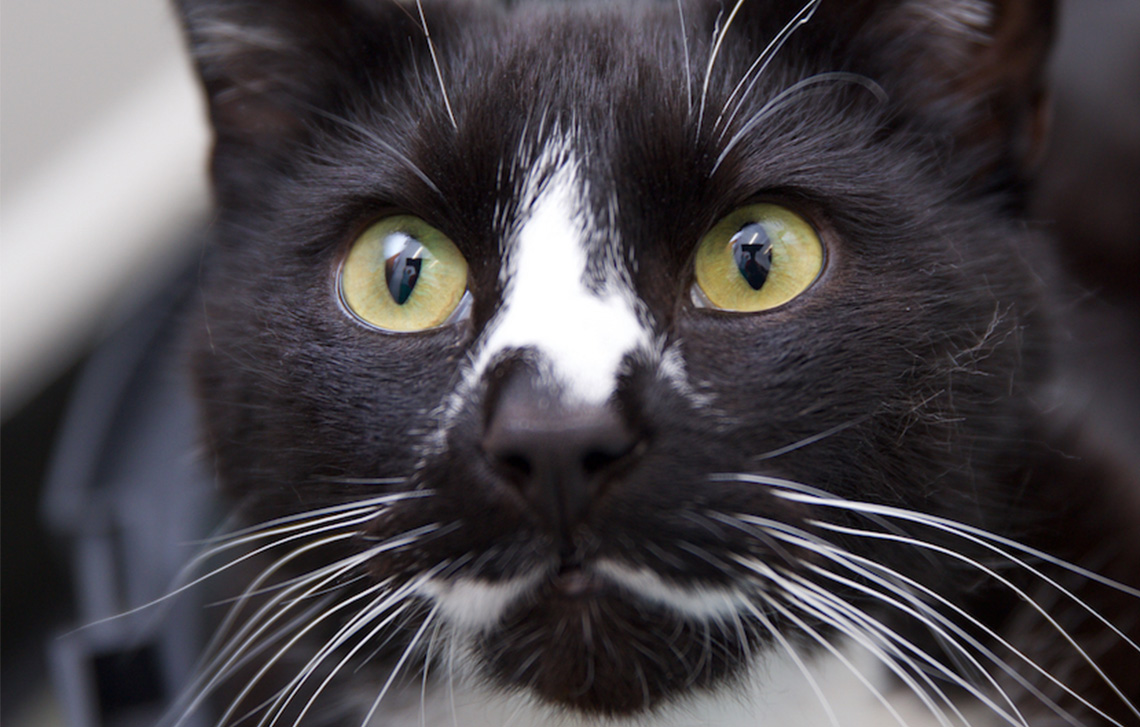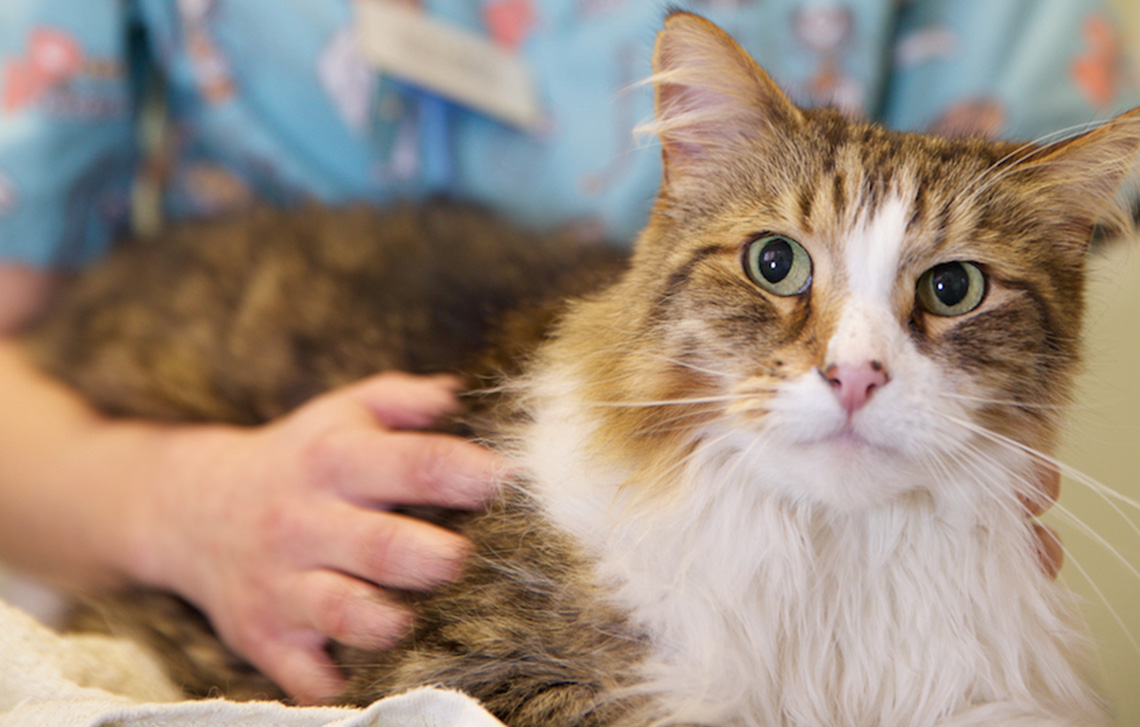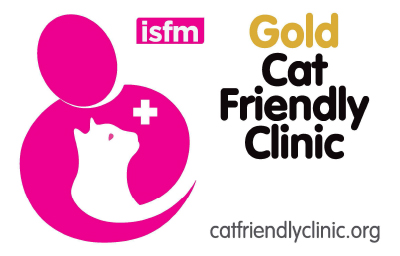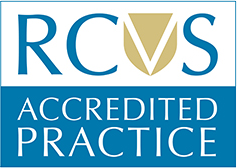Vaccination Protocol at Cat's Whiskers Veterinary Clinic

Getting your cat vaccinated protects them from infections that can cause serious disease or may even be fatal. Cat vaccination has had a major impact on improving the quality of life of cats because it is a preventative measure that stops illnesses before they happen and saves cats from having to go through stressful and lengthy recovery treatments.
The World Small Animal Veterinary Association (WSAVA)
The WSAVA Vaccinations Guidelines Group is a body of experts providing science-based advice to veterinary practitioners on the optimum methods of delivering vaccination to their patients.
At Cat’s Whiskers Veterinary Clinic we have used these guidelines to formulate our vaccination protocols for pet and breeding cats
Our vaccination service
We do not believe in a ‘one size fits all’ approach to cat vaccination, and therefore take the time to discuss with you the most appropriate vaccination schedule for your cat based on his or her lifestyle.
We offer vaccinations to cats and kittens aged 8 weeks and older against diseases such as:
- Viral Rhinotracheitis (cat flu) – to reduce clinical signs
- Calicivirus (cat flu) – to reduce clinical signs and viral excretion
- Feline Panleucopenia (feline enteritis)– prevent mortality and reduce clinical signs
- Feline Leukaemia – to prevent persistent Viramemia and reduce clinical signs
All vaccines except rabies vaccine are included in our Membership Plans.
Our recommended core vaccination service
We currently recommend the following:
Primary course for kittens
At 9 weeks, a vaccine against, feline parvovirus, feline calicivirus and feline herpes virus-1 (commonly known as cat ‘flu and enteritis).
At 12 weeks – a repeat vaccination
Within 12 months, first booster vaccination (if your kitten or cat has outside access or lives in a multi-cat household they additionally need a leukaemia (FeLV) vaccine)
Ongoing boosters
A booster vaccine every 3 years.
For cats entering a boarding cattery, a booster vaccination for cat flu (calicivirus & herpesvirus) a booster vaccine every 12 months (at least 2 weeks prior to entry to cattery)
Previously vaccinated adult cat
A cat vaccinated as a kitten who has received its first annual booster, but has not been vaccinated since, will only require a single booster vaccination
A cat vaccinated as a kitten who did not receive a first booster within 12 months should receive two injections of vaccine, 3-4 weeks apart, and a booster vaccination within 12 months
Adult cat with unknown vaccination status
If the vaccination history of a cat is unknown they should receive two injections of vaccine, 3-4 weeks apart, and a booster vaccination within 12 months
Vaccinations are for life
As immunity decreases with age, we strongly recommend vaccination continues for life.
The feline parvovirus vaccine is highly effective at preventing infection (99% efficacy). However the efficacy is much less for the calicivirus and herpesvirus vaccines (estimated 60-80%) due to the nature of the viruses and the diseases they cause – feline respiratory disease complex (FRDC) commonly known as cat ‘flu.
With the core vaccination schedule suggested above, it would be expected that cats should remain free of the vaccine preventable diseases for a lifetime. However, it is important to understand that FRDC is very complex and many things contribute to this disease. Thus, FRDC is not vaccine preventable and the best you can expect from the vaccines that are available (FCV, FHV-1 and others like Chlamydophila and Bordetella) is reduced severity of disease signs.
Putting your mind at rest
Owners and breeders of cats will be very aware of the prominent media exposure focused on the rare instances of adverse events that might follow administration of cat vaccination. The veterinary profession has devoted considerable time and effort to addressing issues and developing protocols that increase safety and minimise the already low risks associated with vaccination.
All vaccines are included in our Membership Plans.







